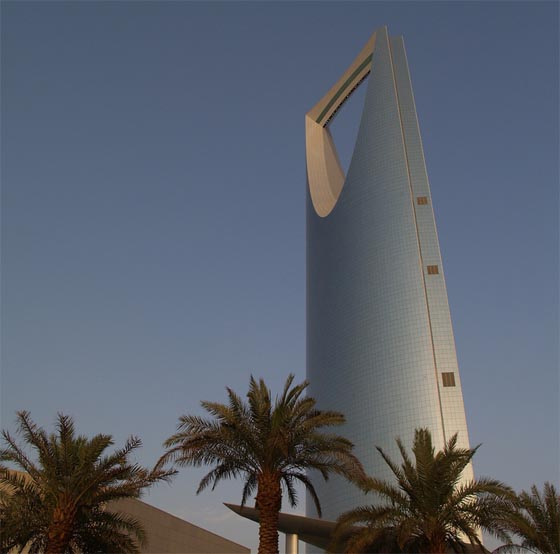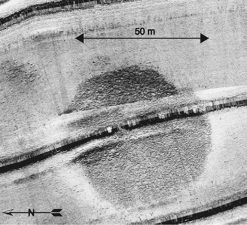 Saudi Arabia has called for the inclusion of CCS into the CDM mechanism at previous climate talks. This year, Norway made it happen.
Saudi Arabia has called for the inclusion of CCS into the CDM mechanism at previous climate talks. This year, Norway made it happen.
At the recently concluded climate meeting in Cancun, some progress was made on a controversial topic. Norway, a country that has been a leader in the development of low carbon oil technologies, proposed that CCS (Carbon Capture & Storage) be an allowable carbon offset in the CDM or Clean Development Mechanism. The CDM allows polluters, if unable to reduce their own carbon emissions, to invest money in projects like solar farms, lower carbon technologies, or reforestation in the developing world, that would reduce emissions elsewhere. The idea is that lowering CO2 anywhere helps.
Traditionally, less controversial technologies have been included in the CDM, like reforestation, or building solar and wind farms. But the delegate from Saudi Arabia argued that at present there is no real incentive for developing countries to deploy Carbon Capture & Storage: wasting an opportunity to reduce carbon emissions.
In addition to Saudi Arabia, Australia, Papua New Guinea, Indonesia and the UK supported Norway’s proposal. All are oil producing nations. However, the two biggest oil exporters (Canada and Russia) did not join. They want to simply get rid of the CDM altogether.
Other than Australia, the proposal was not supported by the big coal exporting nations: the US, China and South Africa.
CCS is still at the prototype stage for use in mitigating the environmental damage of coal production, but it is already used by the oil industry, and has been for 36 years in the US, where peak oil hit in the seventies. It was not developed for mitigating climate change, but simply for extracting more oil. Now the Middle East faces declining oil also.
Carbon dioxide is used to inject into dying oil fields to help extraction rates. Typically, either water or CO2 is used. As oil fields die, they need more and more help, to get those last drops out. In the US, the technology was not developed to reduce carbon emissions, but simply as a supply chain technology for the oil industry.
Saudi Arabia and OPEC allies said that the Cancun Conference “should not produce an accord that works against traditional energy sources”. CCS, they argue, will allow traditional energy sources to operate without sharp cost increases or efficiency decreases, while still avoiding the release of emissions.
The delegate from Australia pointed out that both the UNFCCC and the Kyoto Protocol are technology neutral agreements and argued that developing countries should have a choice in low emission development pathways.
Papua New Guinea agreed that the CDM needs to be technology neutral and that all tools need to be available to mitigate climate change and none should be put aside. Indonesia, referring to its previous submission on this issue, also supported inclusion of CCS in the CDM and called on other parties to act constructively on this issue.
Norway noted that if it was to be included, uniform rules could be developed to ensure that CCS projects could be implemented with maximum environmental integrity. This would be key, because as with nuclear power, leakages or other negative environmental ramifications are possible. Future legal liability is unresolved.
The states agreed that “CCS would be funded if concerns about carbon leakage from underground geological formations, environmental risk, legal liabilities and monitoring are addressed” at its next meeting, which is to be in South Africa.
The caveat was that “CCS would be deemed ineligible for funding until and unless such issues are resolved in a satisfactory manner by Kyoto Protocol signatories”.
But, although the details of verification and safety are yet to be decided, and many members remain skeptical about the ability of carbon capture and storage technology to adequately address climate change, the CCS proponents won.
In principle, the Conference of Parties at Cancun agreed to integrate carbon capture and storage into the mechanism.
Image: Skyscraper City
Related stories:
Middle Eastern Oil companies to Try Solar CSP to Boost Oil Production
Interview With American Oil Shale Expert Jeremy Boak
Abu Dhabi to Stop Flaring Natural Gas



